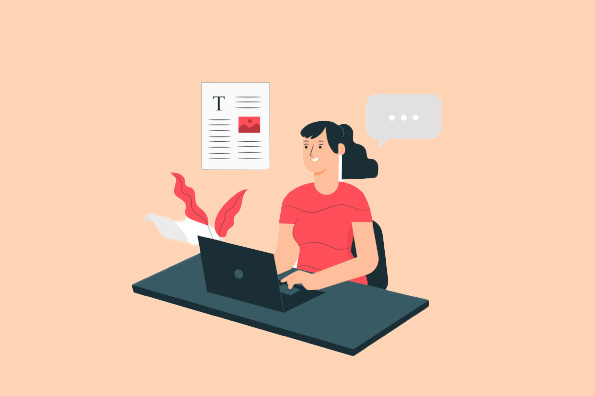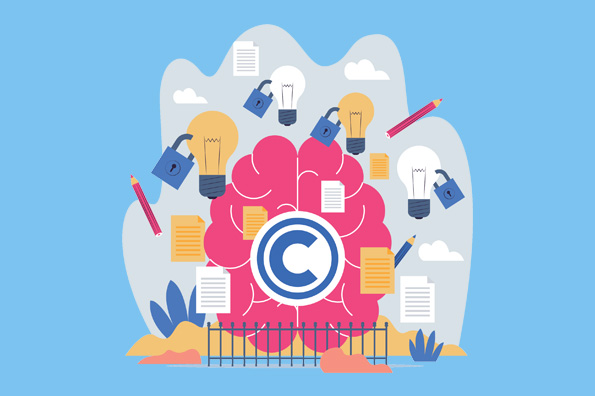Uncovering Common Law Trademark Rights: Do You Qualify?
Common law trademarks are trademarks that are used in trade but are not registered. As long as your mark meets the distinctiveness requirement and...
2 min read
 Chris Daming, J.D., LL.M.
:
Aug. 3, 2024
Chris Daming, J.D., LL.M.
:
Aug. 3, 2024
You may file a provisional patent when your invention is almost complete or if you’re ready but haven’t quite perfected your patent application. People do this in order to get a filing date earlier than the day when they can actually file their patent application. When you have a provisional patent application, your application will be considered filed from the day you filed the provisional one, not the regular one.
However, you only have 12 months to file the non-provisional one, otherwise the provisional patent will lapse and you won’t get that earlier filing effect.


Legal GPS Pro
Protect your business with our complete legal subscription service, designed by top startup attorneys.
If you have an invention in the works that is close to completion, then yes.
From the day you file your provisional patent, you only have 12 months to file the complete non-provisional patent.
If you file too early, meaning you will not be able to complete your invention or your application within 12 months, the provisional patent will lapse. Your application later on may be defeated by patent applications which were filed during those 12 months. Also, the lapsed provisional application may be considered as a “prior art” which will prevent you from being able to patent your invention.
If you file too late, then other people may beat you to patenting your invention or something equivalent to it. Which means, you may even be precluded from using, making, selling, and distributing the invention.
Convert Ideas Into Valuable Assets


Legal GPS Pro
Protect your business with our complete legal subscription service, designed by top startup attorneys.
Carefully estimating the time when you will be able to accomplish the non-provisional application. Also, avoid unnecessarily making your invention public this will only make others more likely to compete with you in patenting it.
Will wanted to get a patent for his automated sales system. Since he was in the final stages of development of his system, he filed a provisional patent on December 15, 2015. To protect his chances as getting his patent, he held off on any public disclosure about his invention.
On August 31, 2016, Chet, Will’s old business partner, filed his own patent application for essentially the same thing. Claiming that he thought of it on his own because “great minds think alike.” Will wasn’t worried because he knew he had priority right with his provisional patent.
As Will’s 12-month deadline approached, he got bogged down in marketing his product and adding additional features. As a result, he wasn’t able to file his non-provisional patent by the year deadline.
Since Will’s provisional patent application lapsed, he lost his earlier filing date preference over Chet. This allowed Chet to be the “first to file.” Will could’ve prevented this by planning better to ensure he had a timely filed patent.
The biggest question now is, "Do I need a business lawyer?” For most businesses and in most cases, you don't need a lawyer to start your business. Instead, many business owners rely on Legal GPS Pro to help with legal issues.
Legal GPS Pro is your All-In-One Legal Toolkit for Businesses. Developed by top startup attorneys, Pro gives you access to 100+ expertly crafted templates including operating agreements, NDAs, and service agreements, and an interactive platform. All designed to protect your company and set it up for lasting success.

Legal GPS Pro
Protect your business with our complete legal subscription service, designed by top startup attorneys.

Common law trademarks are trademarks that are used in trade but are not registered. As long as your mark meets the distinctiveness requirement and...

If you or another founder created any intellectual property prior to forming your company, you have to assign that IP to the company after it's...

To be eligible for trademark registration, you have to be using a mark (likely your business name) to identify your brand to the public. And you have...